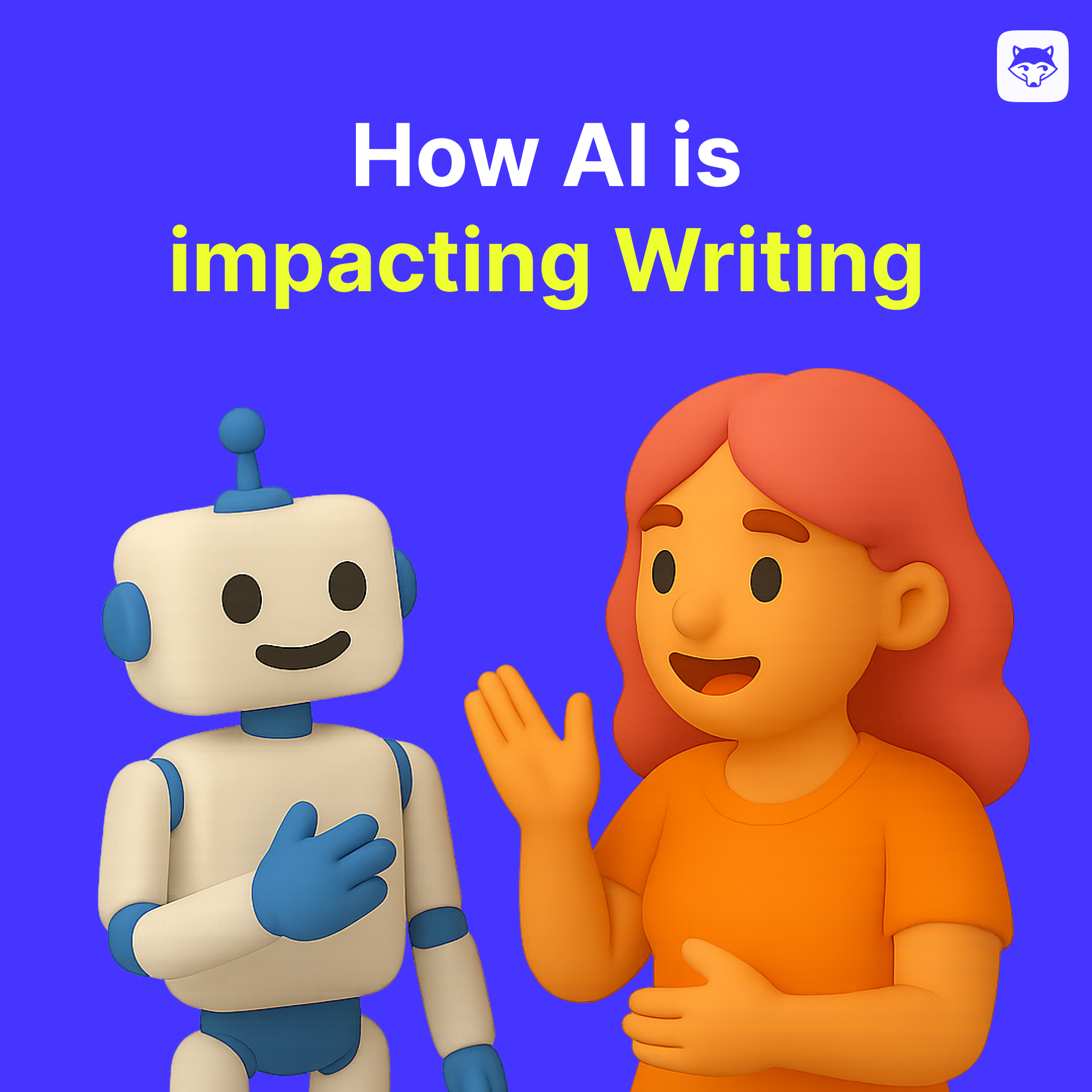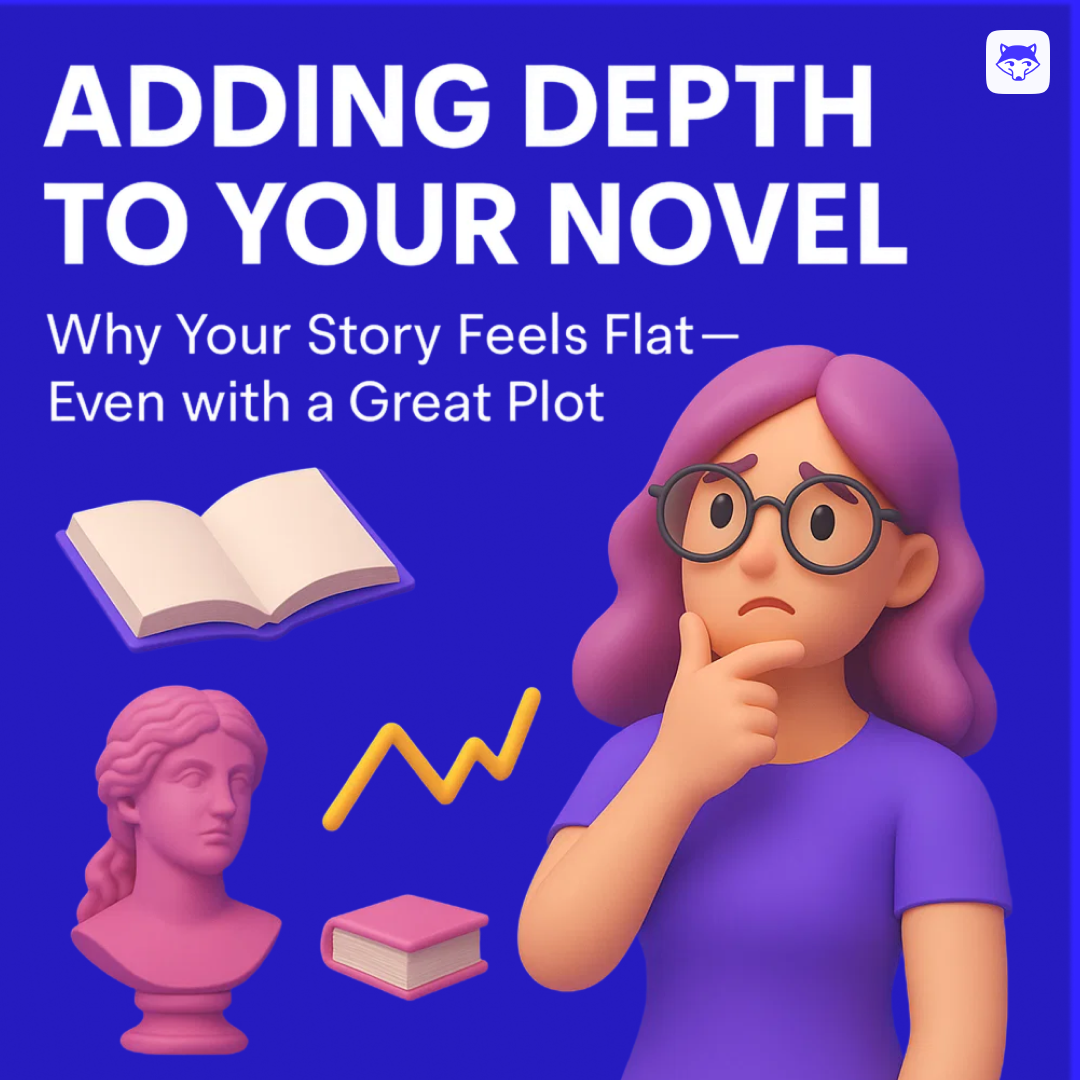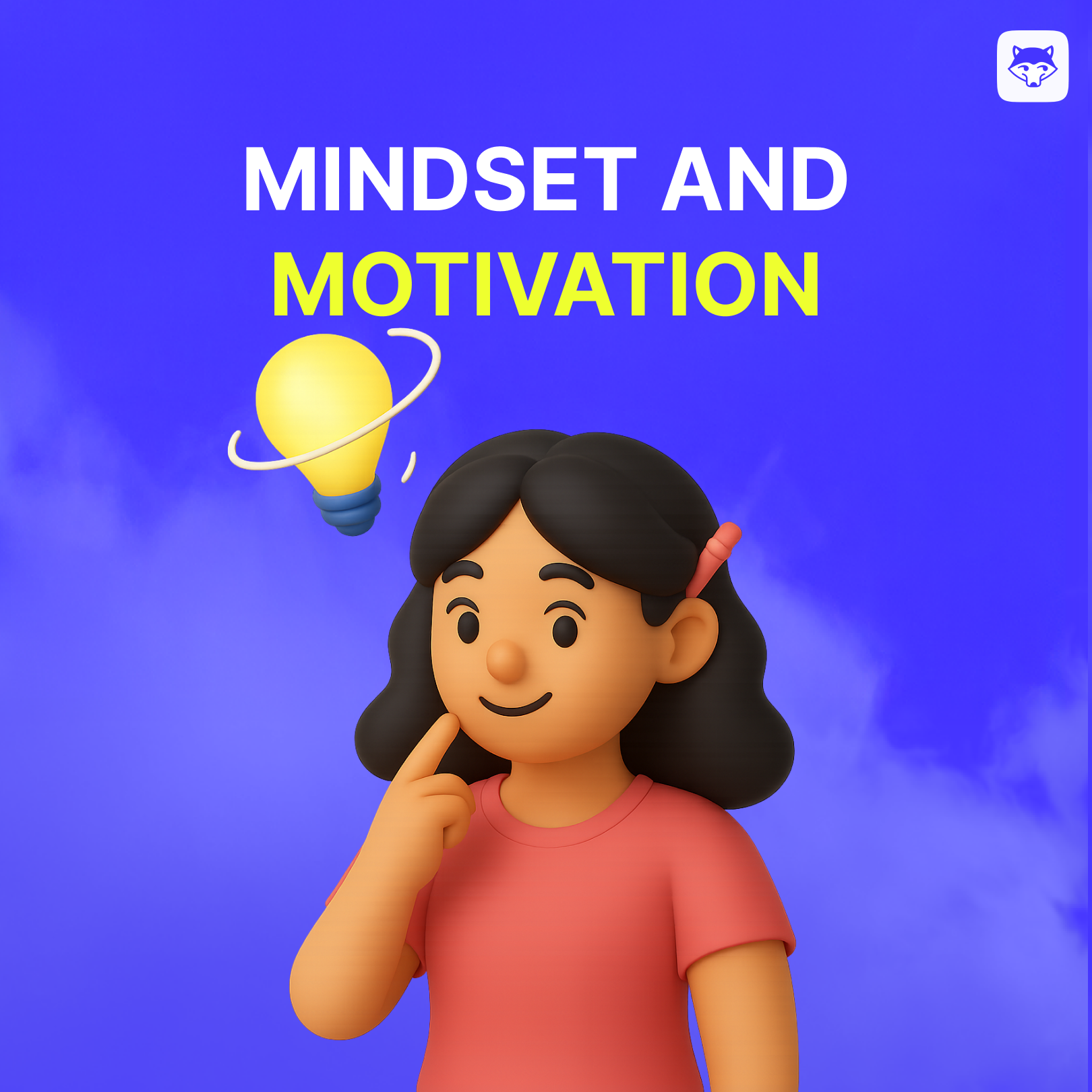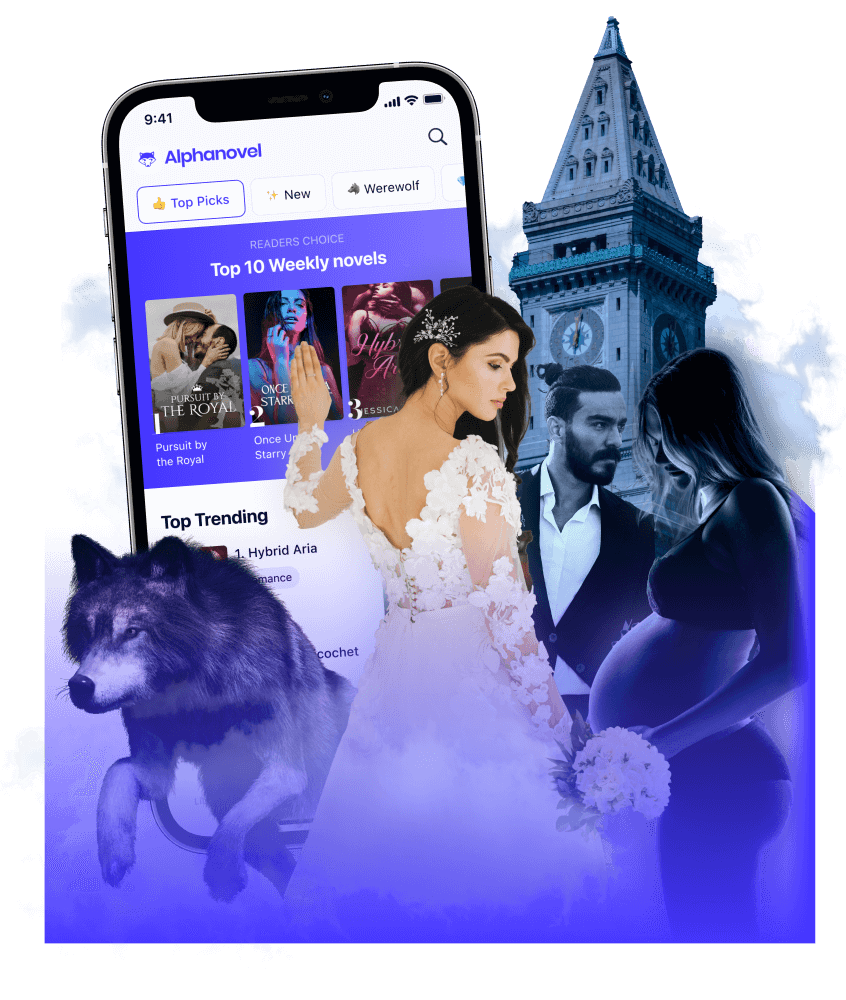Written by our Editorial Lead, Jasmine
Ah, this is a topic that I personally think will haunt us all our lives. For some, AI is a fortune, but for the other half, it’s nothing but a pack of chips you don’t like when you can’t find anything good to eat.
For me, at the age of 16, I read my first novel. I’m not ashamed to say I cried while ending it since it was written in such deeper depths and elements, and in ways described, I thought one could never be able to. The emotions, the characters. Their love for each other, the concern, and the affection, written in words, despite keeping in mind that, ‘actions speak louder than words’.
I never thought that “Words” would make me feel that I was the one living their story.
But… what would happen if that fantasy changes into a movie of robots that can’t stop talking about the birds chirping, the night sky beaming, and saying lines with words that we’ve never even heard of, or thought were ever there—rather than letting us know what the characters truly want to talk about?
Let’s say, in the middle of a ‘confession’ would you prefer reading: “The night flowed as the wind howled. Nightly insects chirped as they danced around on the ground,” rather than, “Yes, I love you, always have and always will.” I think we all know what the answer is.
There is a huge difference between human writing and robotic writing. Technology can be as advanced as we program it to be. But let’s talk about it in scientific terms. If you ever insert a human heart inside a robot, would it turn human?
No, right? Because it will always act like a robot, which it was programmed to act as. Inserting a heart won’t let the robot feel what we feel. Because our hearts are nothing but something magnificent that controls our minds and nature. Something that no new invention can be used as an alternative.
Here, AI is the robot, and we are humans. Merge the two, and see what the outcome is. Tales of true events, adventures, and events that seemed real, logical, emotional, and genuine, but if you play with all those and add an element that doesn’t even fit, it’ll turn and talk about how the river is flowing for half an hour.
We have to understand that AI is nothing more than a plagiarized book in a specific writing field. It does not build and write with emotions as we do; it only uses other people’s work, merges it, and places it in front of us. It’s nothing but words that weren’t written with any emotion, or any knowledge of how reality or fantasy works—or to be precise, how our hearts work. It doesn’t have any limitation as to where to stop and where to keep going. It’s nothing but words… we simply don’t even know of.
The sad reality is that most audiences have now switched to AI, thinking it’ll help polish their work. But why do they have to think like that? So many people have reached their goals in life when there wasn’t even any social platform available. All their work, their effort put into it. And they’re still praised because of it—never forgotten. Why change our morals? Why switch to something that can’t even write what we need to express?
What can’t feel what we make others feel? Is it even worth letting others express your feelings through just some alternative rather than you?
Let’s hope not.
Because AI is nothing but a tool, and you, with your emotions, are not.
Stick to what we started with, and end with it.
It’s worth it.
Best regards,
Your Editor, Jasmine.





